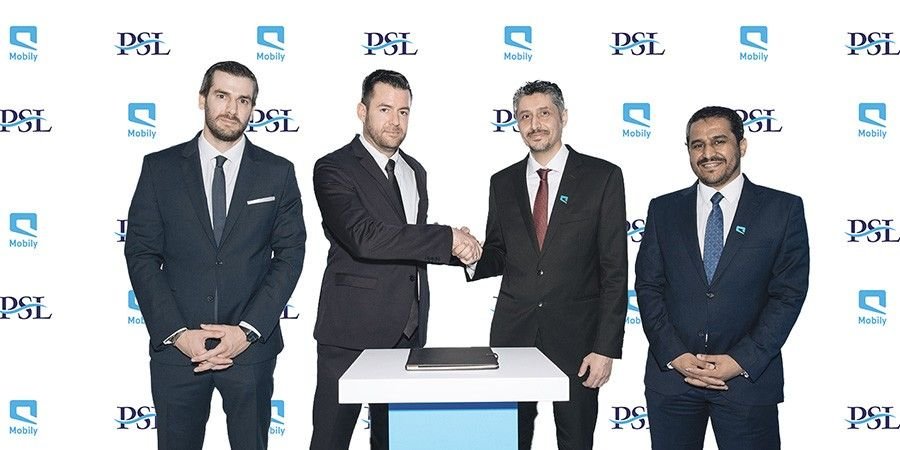Bangladesh’s mobile telecommunications sector is evolving rapidly from voice and SMS dominance toward a data-driven market, fueled by exponential mobile internet adoption. The private operators—Grameenphone (joint venture of Grameen Telecom and Telenor), Robi Axiata (owned by Malaysia’s Axiata and India’s Bharti Airtel), and Banglalink (owned by VEON Ltd)—lead market innovation, expanding digital services like mobile financial services, e-commerce, video streaming, and education.
In stark contrast, the sole state-owned operator, Teletalk Bangladesh Limited, continues to struggle despite various government privileges. Launched commercially in 2004 with 2G, Teletalk initially generated enthusiasm but suffered declining service quality, prompting customers to switch providers. As the first to launch 3G (2012) and 5G trials (2021), and despite government mandates making its SIM cards compulsory for certain services, plus preferential spectrum allocations, Teletalk failed to grow its subscriber base meaningfully. By March 2025, Teletalk held only 6.58 million subscribers—3.53% of the market—compared to Grameenphone’s 84.09 million.
Financially, Teletalk has faced persistent losses, with a net loss of Tk. 179.89 crore reported for the fiscal year ending June 2024. The company was originally launched as BTTB bMobile under Bangladesh Telephone and Telegraph Board (BTTB), later rebranded as Teletalk. BTTB, now Bangladesh Telecommunication Company Limited (BTCL), remains a state-owned enterprise with vast assets valued around Tk. 70,000 crore, including significant infrastructure worth Tk. 50,000 crore. However, BTCL’s core telecom operations are faltering, with declining revenues from key segments and underutilized infrastructure such as towers.
The National Telecom Policy envisions maximizing sector resources through public-private partnerships and encourages SOEs like Teletalk to adopt competitive strategies including management restructuring and attracting investments. Major private stakeholders like Norway’s state-owned Telenor (in Grameenphone) and Malaysia’s state-linked Axiata (in Robi) demonstrate successful SOE-private models with global footprints.
Teletalk’s ongoing losses and operational decline have raised doubts about its viability. There is speculation about transferring the operator to local or foreign investors to boost capital, network expansion, and service quality. Market research firm Mordor Intelligence estimates Bangladesh’s telecom market at $5.08 billion in 2025, projected to grow to $6.27 billion by 2030 with a 4.31% CAGR, suggesting ample opportunity for growth.
With effective investment, strategic planning, and competitive restructuring, Teletalk could potentially reverse its decline and become a profitable, dynamic player in Bangladesh’s telecom sector.















